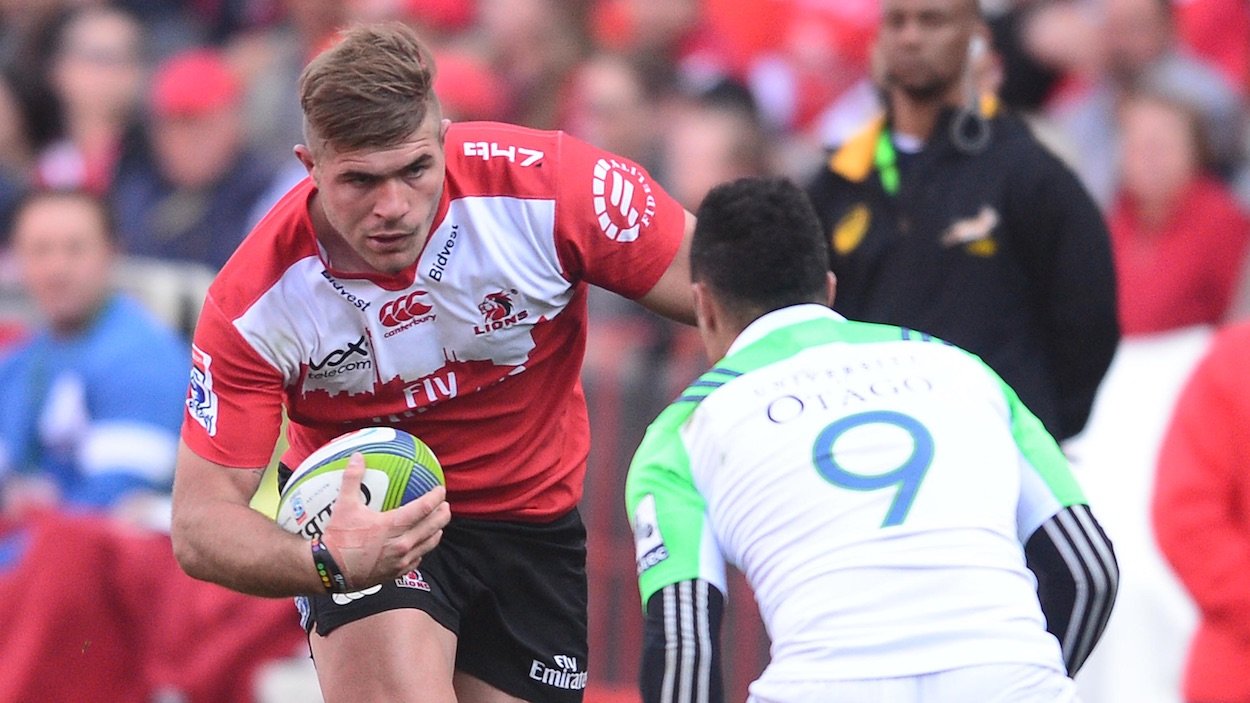The Lions have defeated four of the five New Zealand Super Rugby franchises this season – all except the Hurricanes, who they meet in Saturday’s final. In doing so they have laid out a blueprint for how international test sides could beat the All Blacks, explains Jamie Wall.
The sold out signs have gone up at Westpac Stadium ahead of the 2016 Super Rugby final, but the people who should be most interested in this game might just be half a world away. If the Lions manage to pull off an upset and defeat the Hurricanes, it won’t just cap off a remarkable turnaround for what was once the worst team in the competition. It will also show Northern Hemisphere coaches the way to beat the All Blacks.
Whatever happens this weekend, you can’t take anything away from what the Lions have achieved in 2016. They scored 81 tries – more than any other team in the competition – on their way to the final, after finishing second overall in the regular season.
What has been their key to success?
In their 13 wins so far this season, the Lions have scored an average of 40 points. This has also been their average score for their four wins over NZ teams. Their commitment to scoring as many points as possible every game has seen them cop a couple of hidings along the way, most notably from the Hurricanes and Highlanders, but it has seen them right more often than not.
Since becoming World Champions in 2011, the All Blacks have only lost three tests and drawn two. Those three losses have seen a combined total of 157 points. There’s really no point trying to keep the score low. When you play the All Blacks you just have to accept you will bleed points – the key is to keep up your commitment to attack as much as possible.
On the road to the final the Lions have managed to give the ball plenty of air regardless of the stakes. Even in their do-or-die quarterfinal Elton Jantjies decided to switch play and throw a risky face ball to set up Courtnall Skosan in the first minute of play.
The Lions are almost treating every game like a tennis match, accepting they’re going to concede points but simply striking back and trying to put at least two scores between each one their opponents get. This approach of ‘holding serve’ has resulted in their massive success this season.
Time and time again we’ve seen Northern Hemisphere teams try and tackle their way to victory over the All Blacks. They’ve almost always failed miserably. The last Northern Hemishphere side to triumph was England in 2012, when they racked up 38 points.
Admittedly, there’s a quite a gulf between test matches and Super Rugby. But given the Lions’ success against the Blues, Highlanders, Crusaders and Chiefs, it’s hard not to see how their approach wouldn’t translate to the big stage.
Their expansive game plan will face its biggest challenge on Saturday night, when they meet a Hurricanes side who have only conceded one try in their last three games.






































